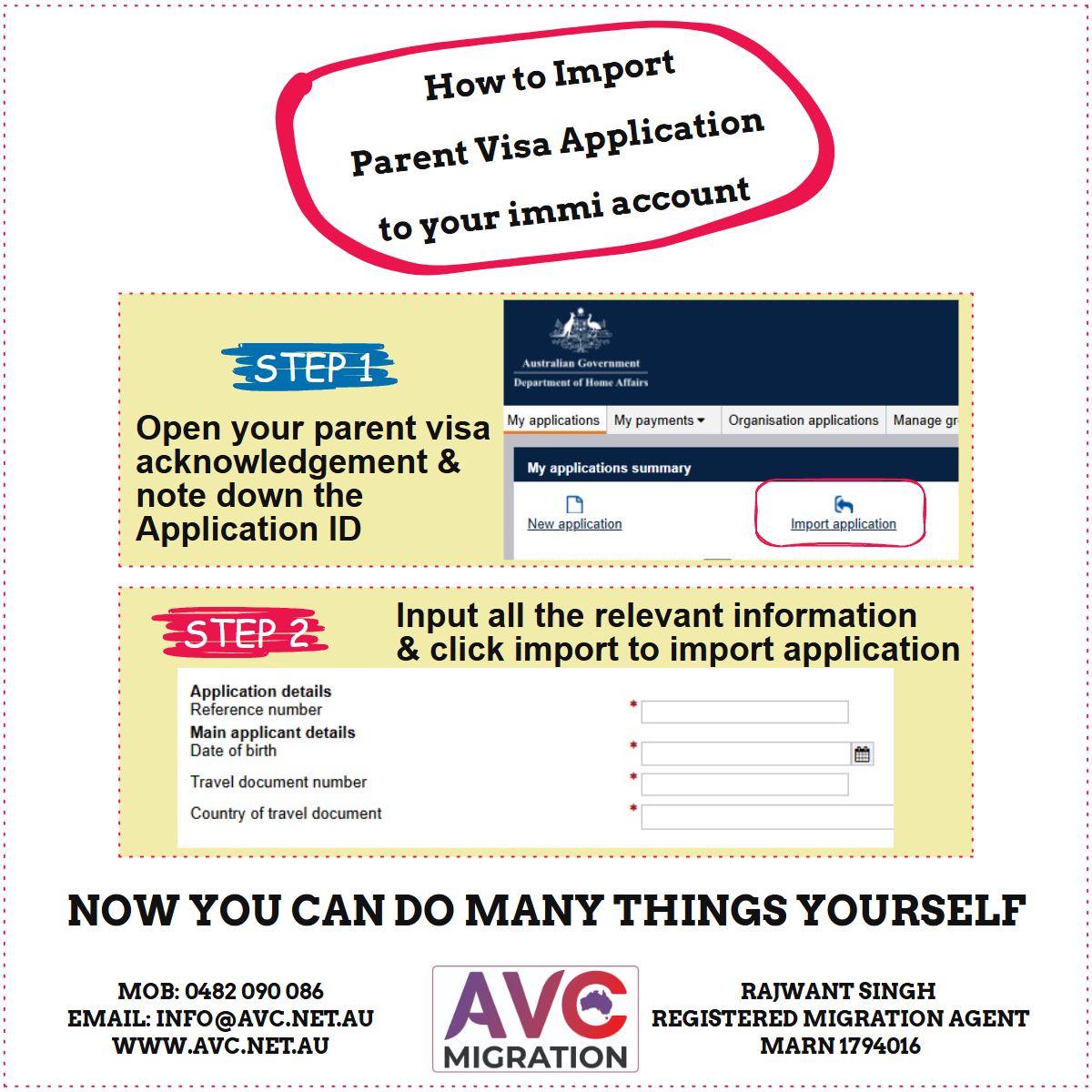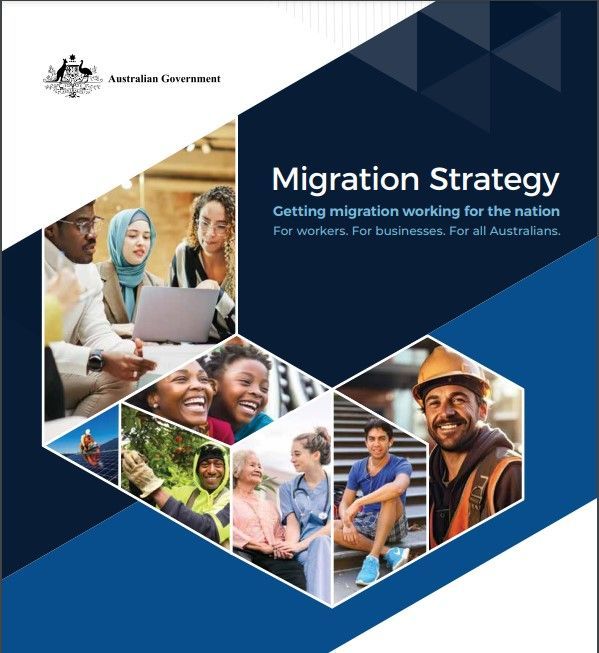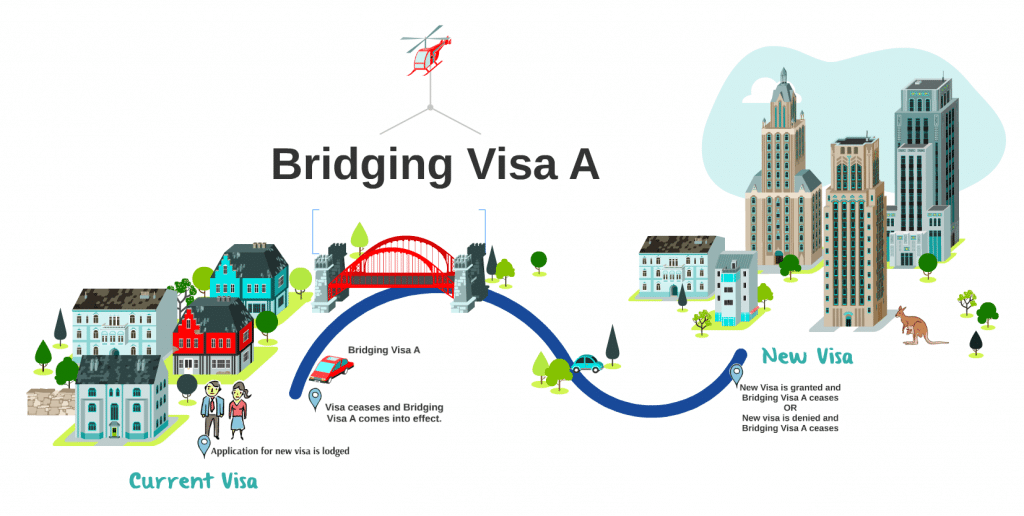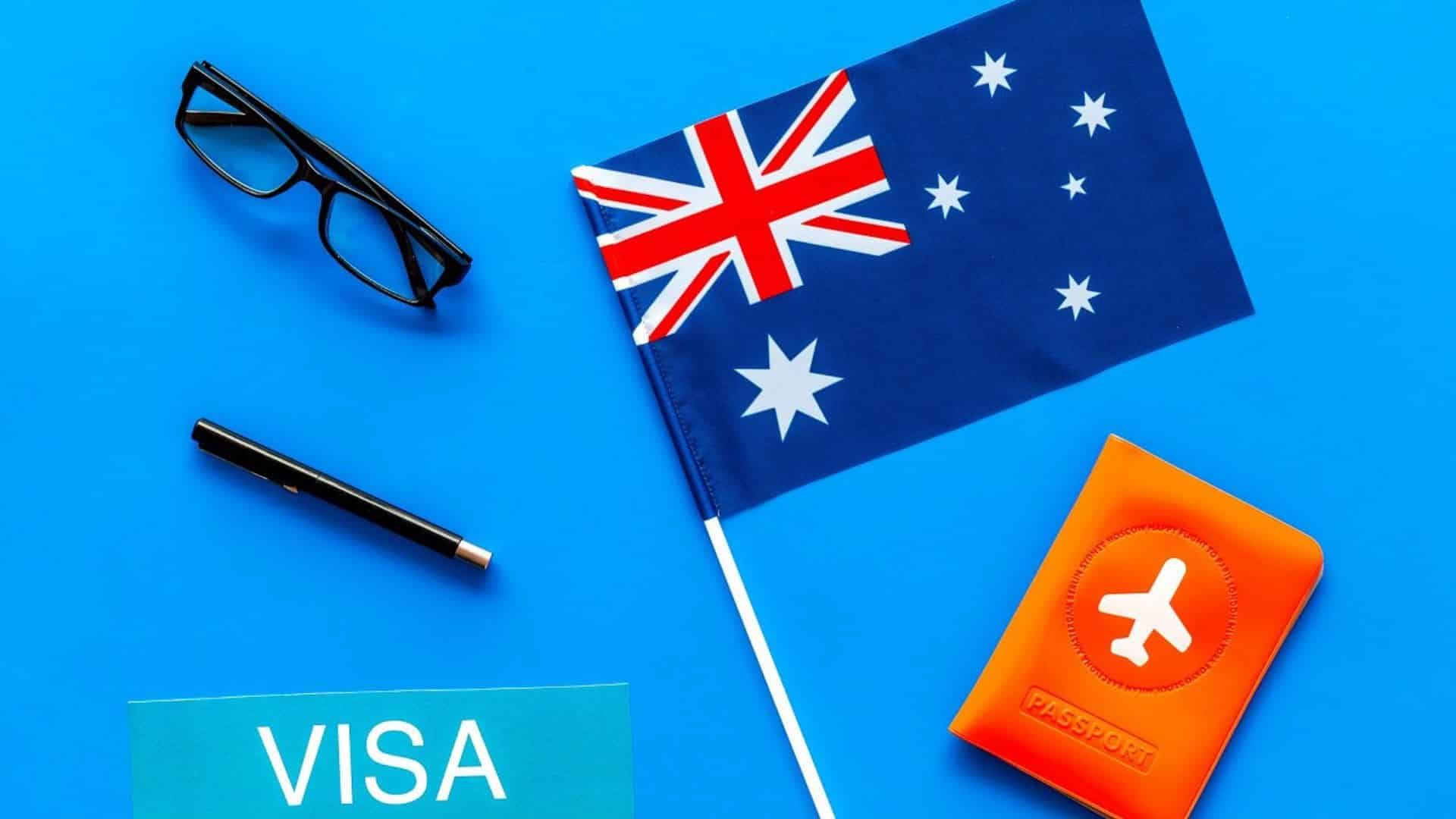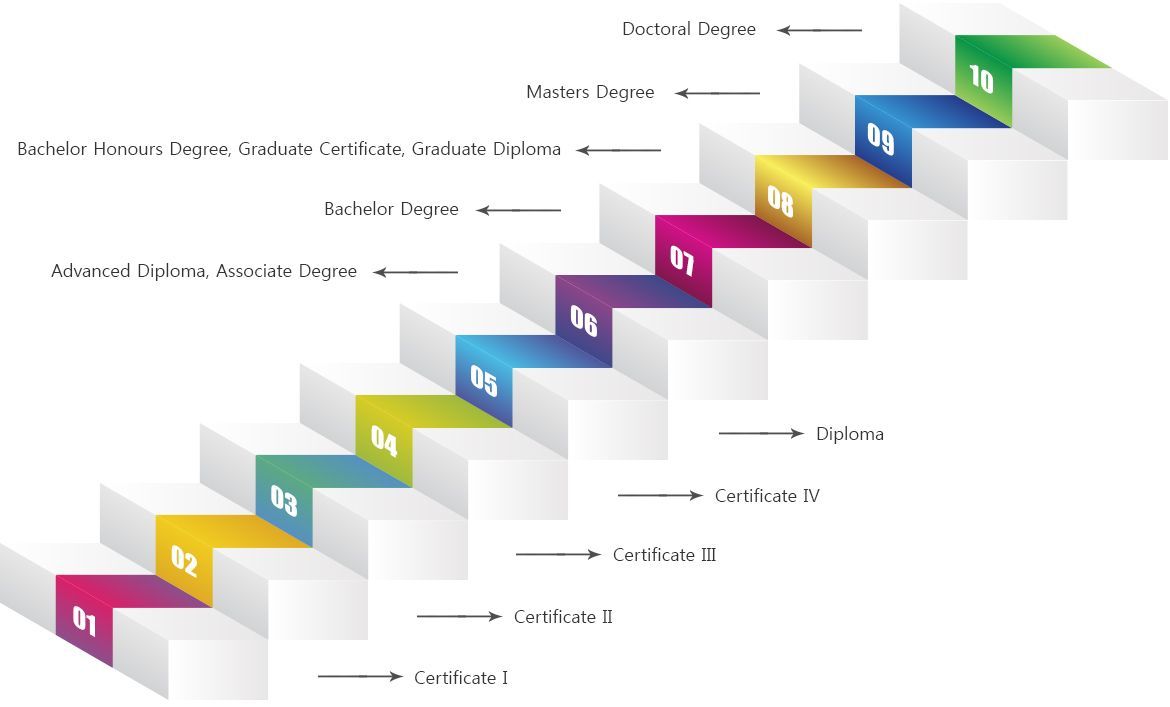When the Main Applicant Passes Away: What the 2025 Parent Visa Policy Change Means for Families
💔 A Sensitive Reality Many Families Face
Over the years, I’ve worked with hundreds of families navigating Australia’s parent visa process — and one of the most emotional moments that sometimes arises is when the main applicant passes away while the application is still in the queue.
Until recently, Departmental policy handled these cases with compassion and fairness. Families could continue their applications with minimal disruption. However, a policy change introduced in August 2025 has significantly altered how such situations are treated — especially for onshore aged parent visas.
This blog explains what has changed, what it means for families, and why this shift is being seen as a step backwards in compassion.
📜 The Previous Policy (December 2024)
Under the December 2024 instructions, if the main applicant died, the Department would:
- Request a certified copy of the death certificate; and
- A letter from the secondary applicant confirming their wish to continue.
Once these were received, the secondary applicant became the new primary and the application retained its place in the queue.
For onshore parent visas, the new primary applicant still needed to be “aged” at the time of visa decision, but they could remain in the queue until that stage — meaning the system recognised the couple’s combined journey and gave the surviving partner a fair chance to continue.
✅ In short, it was a compassionate and practical approach that respected families’ emotional and financial investment in the process.
⚖️ The New Policy (August 2025)
The
August 2025 update has tightened these rules.
Now, when the main applicant passes away:
- The secondary applicant must now satisfy the primary criteria themselves.
- The application stays in the queue — except for subclasses 804, 864, and 884 where the secondary applicant was not “aged” at the time of lodgement.
- In such cases, the Department will now refuse or require withdrawal of the application.
This means that if a younger partner (below “aged parent” threshold) survives the main applicant, the years spent waiting in the queue may effectively be lost.
❌ What This Means for Families
This shift removes the flexibility that previously existed. Under the older guidance, the surviving partner could continue waiting and, by the time of decision, might have become “aged” — satisfying the requirement naturally with time.
Now, however, the age is locked in at lodgement, not at decision. Even if the surviving partner becomes “aged” later, the application will be refused.
This change:
- Removes discretion and compassion in difficult family situations.
- Forces refusal or withdrawal even after years in the queue.
- Creates inconsistency between offshore and onshore applicants.
- Adds emotional distress to already grieving families.
🕊️ Why It Matters
Parent visas are more than paperwork — they are stories of love, separation, and family reunification. Policies that once offered understanding now risk penalising families for events beyond their control.
The December 2024 version of this rule reflected Australia’s compassionate intent in migration — recognising that the surviving partner’s dream to join their children should not die with their spouse. The August 2025 revision feels more mechanical, limiting the humanity that once underpinned this process.
💬 My Advice to Families
If you or someone you know has a parent visa application affected by the death of the main applicant:
- Seek professional advice immediately before withdrawing or taking any action.
- Each case may involve complex eligibility nuances depending on subclass and timing.
- You may still be able to preserve your queue position or explore alternate pathways.
🧭 Final Thoughts
The change highlights why having an experienced migration professional by your side matters more than ever. Policy wording may appear simple — but its interpretation can dramatically impact real families.
At AVC Migration, we continue to advocate for fair and compassionate treatment of parent visa applicants and to guide families through every challenge, no matter how unexpected.
💡 Need Help?
If your family has been affected by this policy or you’d like to understand how it may apply to your ongoing case, contact me today.
📩
Rajwant Singh
Registered Migration Agent (MARN 1794016)
✉️
info@avc.net.au | 🌐
www.avc.net.au


